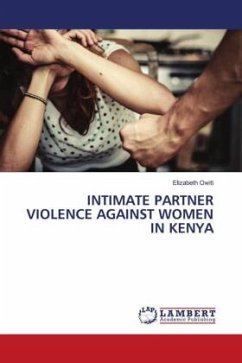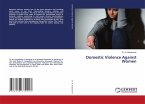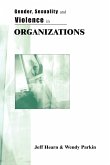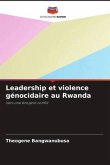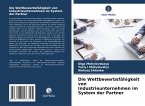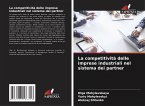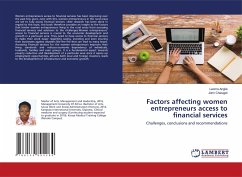Intimate partner violence is a common practice in Kenya, making marriage a life-threatening union. It is generally culturally accepted and in some communities, men are praised for beating their wives while some women believe it's an expression of love. It has significant public health and socioeconomic impacts. Using the Demographic and Health Survey Data 2003, 2008/09 and 2014, this study used both linear probability and logit models to establish the determinants of various types of spousal violence. We found that contrary to the belief that economic empowerment shields women from partner violence, this study found that 48 per cent of Kenyan women who earn more than their husbands accept spousal violence and 41 per cent have experienced physical partner violence while 76 per cent have experienced either physical, emotional or sexual violence from a spouse or an intimate partner. We also found that the absolute level of women's education does not protect Kenyan women from partnerviolence, but increases their vulnerability. Differential education showed a different picture with women who were more educated than their partners reporting experiencing less violence.
Bitte wählen Sie Ihr Anliegen aus.
Rechnungen
Retourenschein anfordern
Bestellstatus
Storno

